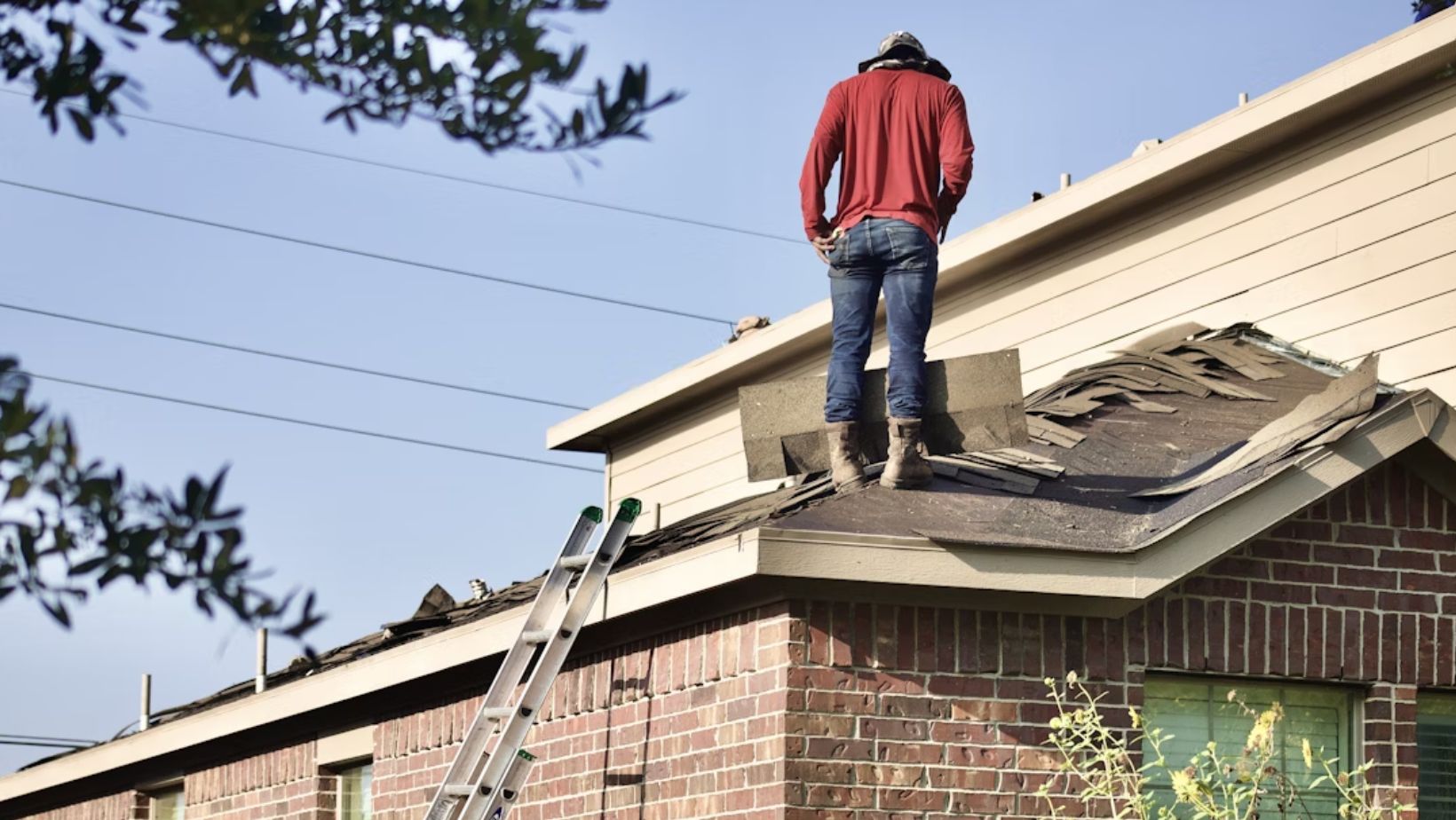
Earning extra income through side gigs is a smart financial strategy, and sometimes a small investment into credentials can unlock entirely new revenue streams. If you’re exploring ways to supplement your earnings, insights from AtHomePrep contractors on Virginia’s Class C Contractors License FAQs can guide you toward real opportunities. In particular, obtaining a modestly regulated license in Virginia can allow you to take on small-scale projects that fit your schedule while helping build your savings. Licensing may sound like a hassle, but when measured against the earning potential and legal assurance it offers, the effort can yield real dividends.
The Virginia Class C Contractor License explained
To begin at the beginning, the Virginia Class C Contractor License is designed with projects between a little more than 1,000 and 10,000, or not more than 150,000 in total work in any 12 months, in mind. This implies that it is best suited for small home renovation, repair, or home maintenance works, which are in most cases in high demand amongst homeowners. The license imposes definite limits; thus, you are aware of what you can and cannot do legally in terms of undertaking projects to ensure you do not transgress regulatory barriers.
One more economic benefit is that there is no net-worth requirement or bonding requirement for the Class C license, and the upfront cost is not high. The regulatory requirement is not cumbersome to most people who do not have huge capital reserves. This is a very reachable entry point to someone trying the waters of contracting as a side income.
To receive the license, one has to complete a pre-license business education course, which lasts eight hours and is usually provided online or in a classroom by approved providers. It has to be filled out by a member of your responsible management team, even in the case of Class C, and this makes it a low barrier to entry as opposed to higher classes of license. Cost-benefit-wise, this low-cost educational investment opens the door to legally being able to profit on projects that would otherwise be out of reach in amateur or informal contracting.
The Licensed Side Work Savings and Earning Potential
With proper licensing, you are at liberty to accept more small jobs than before, which clients cannot trust to unlicensed workers. Increased access to more opportunities can help you to step out of irregular or informal gigs and into side work that you can trust and that will pay better. These kinds of jobs can accumulate with time- imagine one or two small renovation or repair jobs a month; that can be a significant savings increase.
In addition to the raw income, you can indirectly increase your rates by obtaining a license. Clients are more willing to pay a higher price to a person who uses official channels, acts in accordance with the rules, and presents a professional image. Such perceived dependability will also make your side job not only lucrative but reputation-enhancing, which is priceless for future development.
In addition, licensing secures you legally. Practicing without the right license in Virginia may put you in a situation where you may be fined or your contract may be unenforceable, especially when you work beyond the limits. This is because by keeping up with compliance, you will not suffer expensive setbacks that would make the gig income serve only to eat into the profits of the side hustle.
Investment vs. Return
Although the Class C license is cheaper, it will take time and effort, including mastering the pre-license course, filling out paperwork, and choosing the right specialty to apply to. The preparation effort should be taken into consideration, especially by newcomers who are juggling full-time work or other responsibilities. Luckily, the licensing procedure is straightforward: Class C applicants do not need any examination except the specialty placement, and the application fee is lower than that of Class A or B.

Even a relatively small project fee of $2,000 and a profit margin of several hundred dollars can pay back the initial cost of licensing and course fees quickly. The more jobs you do, the more money you earn, and it will compound in your savings targets. Winning little at a time will lead to a roll that will gain steam in your bank account and your confidence.
On a qualitative level, the framework of staying compliant and adhering to professional norms can prepare you to scale up in the future. You are not on bad terms since you can later upgrade to Class B or A licenses. By starting small with Class C, one can build a foundation for future larger contracting ventures without committing too much too soon.
Conclusion
Side hustles enabled by a small Virginia Class C Contractor License are a highly effective means to boost your savings without breaking the law or getting into any professional trouble. There is a minor educational and procedural investment along the route; however, it opens doors to steady, stable revenue that clients recognize. It is with proper planning that a side hustle can be turned into a stable and savings-enhancing project. In case your goal is to increase your income responsibly and find clever ways of doing that, you should take this strategy seriously.















